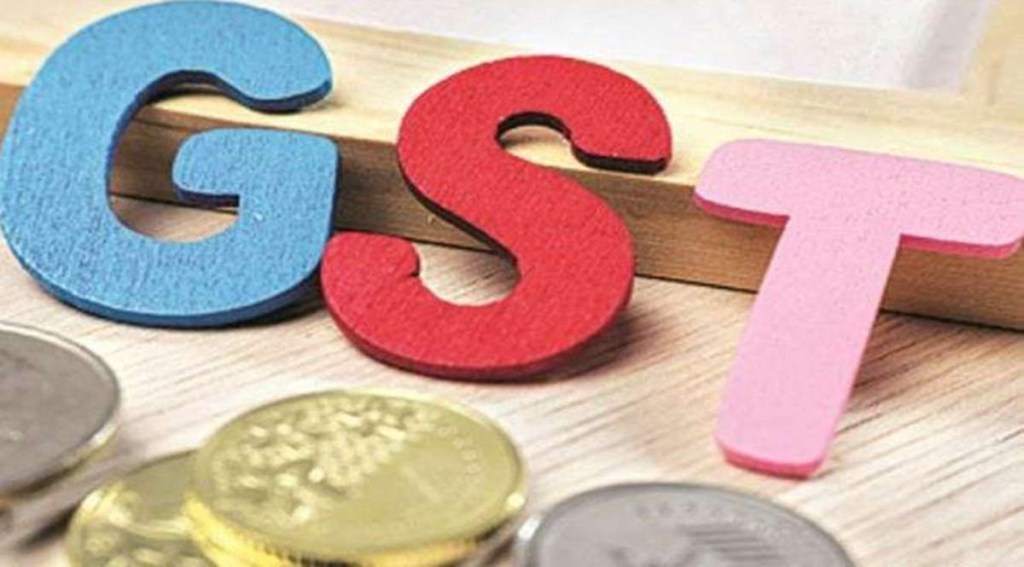The Goods and Services Tax (GST) Council may raise the tax rates for online gaming from 18% to 28%, as a means to discourage games involving gambling and betting. Currently, online gaming is taxed at 18% of the platform fee, which works out to 5-20% of the contest entry amount. But chance gaming such as racing, betting and lotteries are taxed at 28% of the contest entry amount. A group of ministers (GoM) on taxation of casinos, race courses and online gaming has resolved to recommend doing away with the distinction between skill gaming and chance gaming, which means the former category of games will also be taxed at 28%.
The taxation base will, however, be decided by the GoM in two weeks after considering the report of a committee of officers. The two options are to levy the tax on the contest entry amount (CEA) or only the gross gaming revenue (GGR)/platform fee charged by the gaming platform.
Online gaming is a booming industry with an annual turnover of Rs 30,000 crore and growing by 20-30%/annum, said Meghalaya chief minister Conrad Sangma, convener of the GoM, after a meeting of the group here on Monday.“We have to keep in mind the society, the Centre, the state governments as well as the industries in mind before taking a decision,” Sangma said.
The final decision on the change in tax will be taken by the GST Council after considering the GoM recommendations. “There should be no difference between skill gaming and chance gaming. These activities have a direct adverse impact on the society at large by pushing children towards gambling,” said West Bengal finance minister Chandrima Bhattacharya, a member of the GoM.
The parity in taxation of online gaming and chance gaming may require amendments to the GST laws, analysts say.
According to industry body Indiatech: “Rule 31A of CGST Rules 2017 reads as the value of supply of actionable claim in the form of chance to win in betting, gambling or horse racing in a race club shall be 100% of the face value of the bet or the amount paid into the totalisator. Thus, it can be construed that Rule 31A strictly applies to games involving betting, gambling or horse racing, etc. Since Rule 31A uses the word ‘chance’ before describing the activity it is clear that the Rule does not apply to online games based of skill.”
The two keys issues surrounding the online gaming industry is whether games of skill also are to be treated at par with games of chance or whether they should be viewed with a different lens and the value on which GST should apply (including the prize pool or only on game/platform fee), said Pratik Jain, partner at Price Waterhouse & Co LLP.
“Its important for the government to clarify or amend the law to provide that any change in methodology should only apply prospectively,” Jain said.

